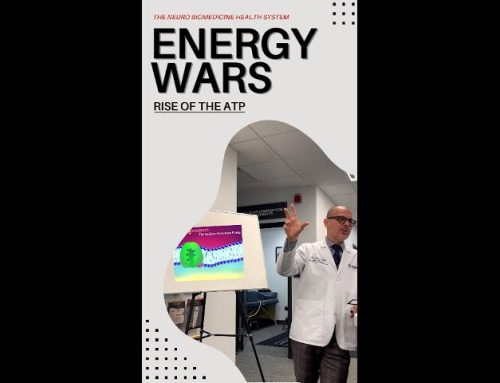In this illuminating discussion, Dr. Farley delves deep into the truth behind heart disease, uncovering the secret upstream effects of root functional causes that often get overlooked in traditional medical paradigms.
To begin with, Dr. Farley highlights the significant but frequently misunderstood relationship between heart disease and cancer. He explains how specific factors, such as diet, lifestyle, and environmental stressors, act as catalysts, driving the prevalence of these chronic diseases. A key component of Dr. Farley’s argument lies in recognizing that these triggers often lie upstream of the common symptoms associated with these diseases.
Dr. Farley addresses the genetic hypothesis, a concept that postulates the predisposition to these diseases is primarily genetically determined. He argues that this belief has been largely disproven, with a growing body of research indicating that lifestyle and environmental factors hold more sway in disease development than previously thought.
One of the major talking points of Dr. Farley’s discourse is the issue of clogged arteries. It’s generally believed that the accumulation of plaque in the arteries is the primary cause of heart disease. However, Dr. Farley points out that this is just another symptom, a downstream effect of root functional causes. He emphasizes that treating this symptom alone, without addressing the upstream root causes, can never truly restore health.
Dr. Farley evaluates current medical practices for focusing primarily on treating symptoms or downstream effects, often using medication or surgery. He argues that this approach merely patches up the issue rather than addressing the real problem, which lies further upstream.
He highlights that it’s the upstream root functional causes, often related to our lifestyles and environments, that need to be addressed to achieve a lasting recovery. These include poor diet, lack of exercise, chronic stress, and exposure to environmental toxins.
In concluding his discussion, Dr. Farley encourages a shift in perspective. Instead of solely focusing on managing symptoms, he advocates for a more holistic, preventative approach that seeks to address root functional causes, ultimately leading to better health outcomes. Through comprehensive lifestyle changes, environmental modifications, and preventative measures, we can regain our health and ward off chronic diseases such as heart disease and cancer.
This video serves as a call to action for everyone – healthcare professionals, patients, and the general public – to rethink how we view and treat heart disease, and by extension, other chronic diseases.
Kindly see this article to read about the most destructive ingredient we all eat in almost every meal:


